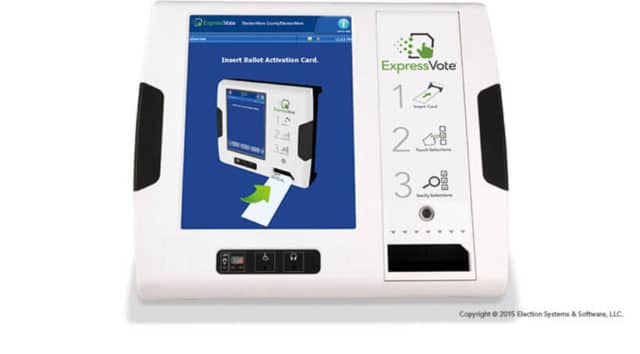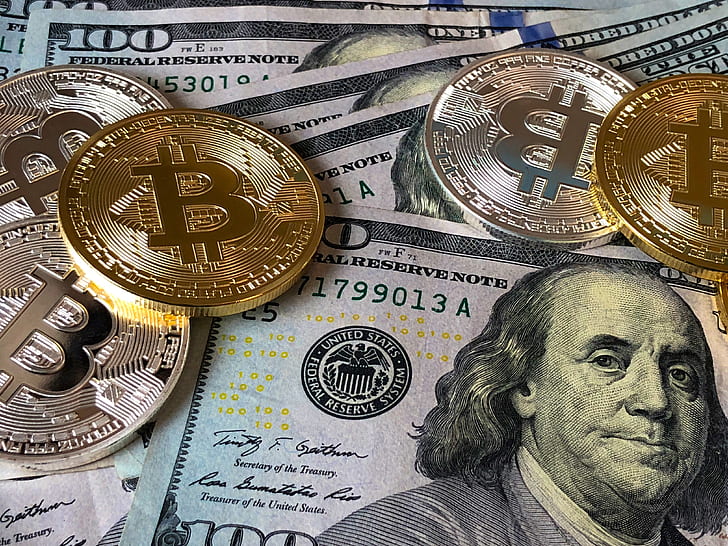
My friend Dale heard rumors that President Trump would have won Pennsylvania if Dominion Voter Machines had not swapped votes for Joe Biden in Philadelphia. I researched the claims and found them to be unfounded:
No, Philadelphia did not use Dominion Voting Systems in 2020.
CLAIM: Video provides data-supported evidence that the election technology firm Dominion Voting Systems committed election fraud by transferring vote ratios between precincts in Philadelphia.
AP’S ASSESSMENT: False. Dominion technology isn’t used in Philadelphia’s elections, so the company had no part in tabulating votes there. Despite a flurry of false claims about election results in battleground states like Pennsylvania, there’s no evidence of widespread fraud or irregularities in the 2020 election.
THE FACTS: A video claiming to be a “smoking gun” exposing Dominion’s election fraud in Philadelphia is easily debunked: Pennsylvania’s largest city doesn’t even use Dominion software in its elections.
That’s according to city election commission spokesman Nick Custodio, who confirmed to The Associated Press in an email that Philadelphia’s voting system vendor is the Omaha, Nebraska-based Election Systems and Software LLC.
It is also confirmed by Dominion, which explains among a series of fact-checks on its website that it does not “even operate in some of the contested districts, including Philadelphia, Milwaukee, and Dane County, WI.”
But how can we trust the city of Philadelphia to tell the truth?

You don’t have to trust the city. Philadelphia’s purchase of machines from ESS, a competitor to Dominion, was widely publicized at the time.
Summary:
- Machines were purchased from a competitor, Election Systems Software of Omaha, Nebraska.
- The purchase of these machines was widely publicized at the time.
- One of the requirements of the contract was that the new machines produce a paper audit trail that can be compared with the electronic tally.





